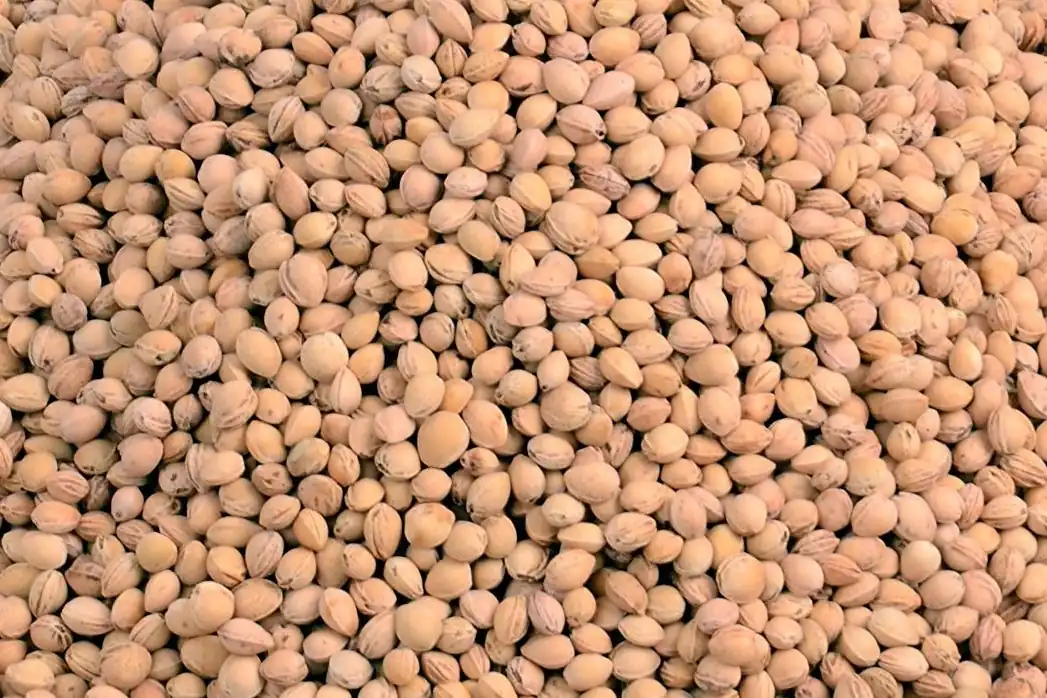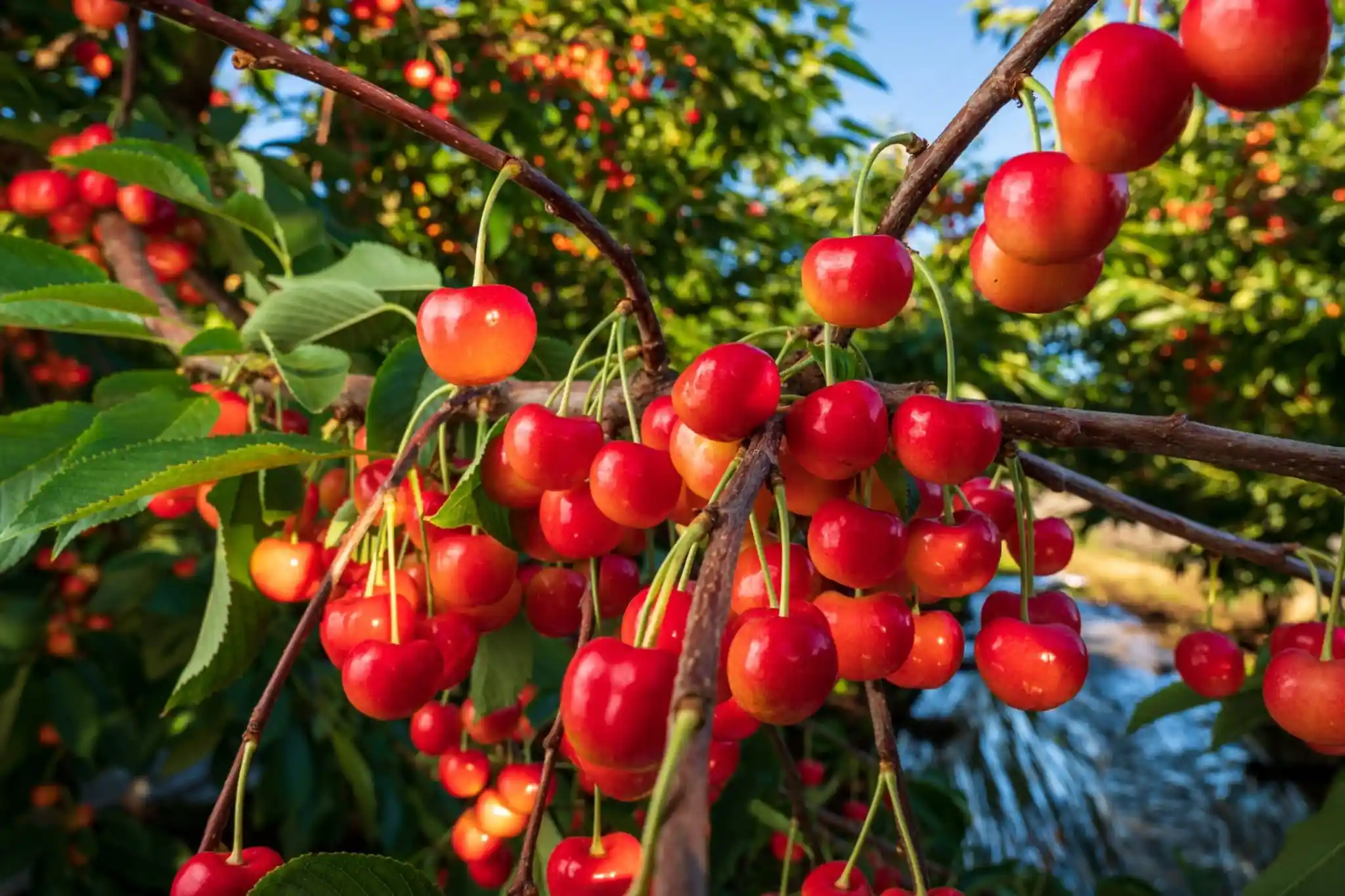As part of the Drosophila suzukii project (2024–2026), funded by OFB, a technical visit was held on May 22 with over 70 participants. This half-day event provided an opportunity to present the results of ongoing trials and to discuss integrated pest management strategies for this pest.
In the afternoon, participants attended six workshops:
New techniques and methods
- New application methods and the development of alternative techniques.
Raphaël Tisiot presented the young cherry orchard that will host the Pulvéfix misting system. The system is currently being produced at the CTIFL center in Lanxade and will be installed shortly. Research was also presented on attractive/repellent products and mass trapping. - PiloTIS. Ghais Zriki explained the semi-mass rearing process of D. suzukii starting from a local strain to produce sterile males. This reproduction system is being evaluated based on the quantity and quality of the sterile males produced.
The quality of sterile males depends on their survival, vigor, and mating competitiveness with wild males. In 2024, more than one million flies were produced.
SIT management techniques
- Presentation of SIT trials in cherries. The Sterile Insect Technique (SIT) has been used for several years by CTIFL. Trials on strawberries have shown the effectiveness of sterile male releases.
David Monnin presented the Cherry TIS initiative, which aims to demonstrate the effectiveness of SIT in cherry orchards. The first releases took place this year.
- Promoting varietal leverage to enable the use of insect-proof netting. Amandine Boubennec presented the young orchard planted with dwarfing rootstocks (GiSelA®3, GiSelA®5, Cass, Clare, Clinton, Crawford, Lake), trained in ultra-high-density axis systems (5,263 trees/ha), and semi-dwarfing rootstocks (Adara, GiSelA®12, GiSelA®13, GiSelA®17, PIKU®1), trained in high-density three-axis systems at 1,754 trees/ha.
These evaluations are conducted as part of the Eufrin European cherry network. A total of 16 trials in 8 countries allow for large-scale and diverse pedoclimatic assessments.
Strategies and plant protection products
- Identify products and develop management strategies.
To develop pest management strategies, the evaluation of plant protection products is essential. Véronique Baffert presented the trials initiated in 2024: - Only the application of kaolin with adjuvant (SOKALCIARBO) managed the pest with a 94% effectiveness compared to untreated control, while other tested products showed less than 50% effectiveness.
However, Véronique also noted that fruit treated with kaolin is marked and cannot be sold as is. Washing trials are currently underway with the CTIFL center in Saint-Rémy-de-Provence to address this issue.
- In 2024, six treatment strategies were tested, two of which are suitable for use in organic farming. They were developed using products available through long-term marketing authorizations or 120-day emergency authorizations. The effectiveness of these strategies ranged from 73% to 98% in hedgerow-managed orchards, offering promising management options.
STRATOS Project
Presentation of the STRATOS trials. The final workshop presented the results of the STRATOS project, which aims to assess the technical and economic value of method combinations in fly management. Nicolas Formez cited the methods tested at the Balandran site: perimeter netting, kaolin application (SOKALCIARBO), and integration with plant protection products. The trial recorded low pressure (16% damage in untreated control), and the effectiveness of tested methods ranged from 34% to 97%. Nicolas noted that higher D. suzukii pressure, as seen at the CTIFL center in La Tapy, reduced effectiveness.
Read the resentation by Nicolas FORMEZ and Véronique BAFFERT from CTIFL Balandran:
Source: CTIFL
Image source: DS CTIFL
Italian Berry – All rights reserved










